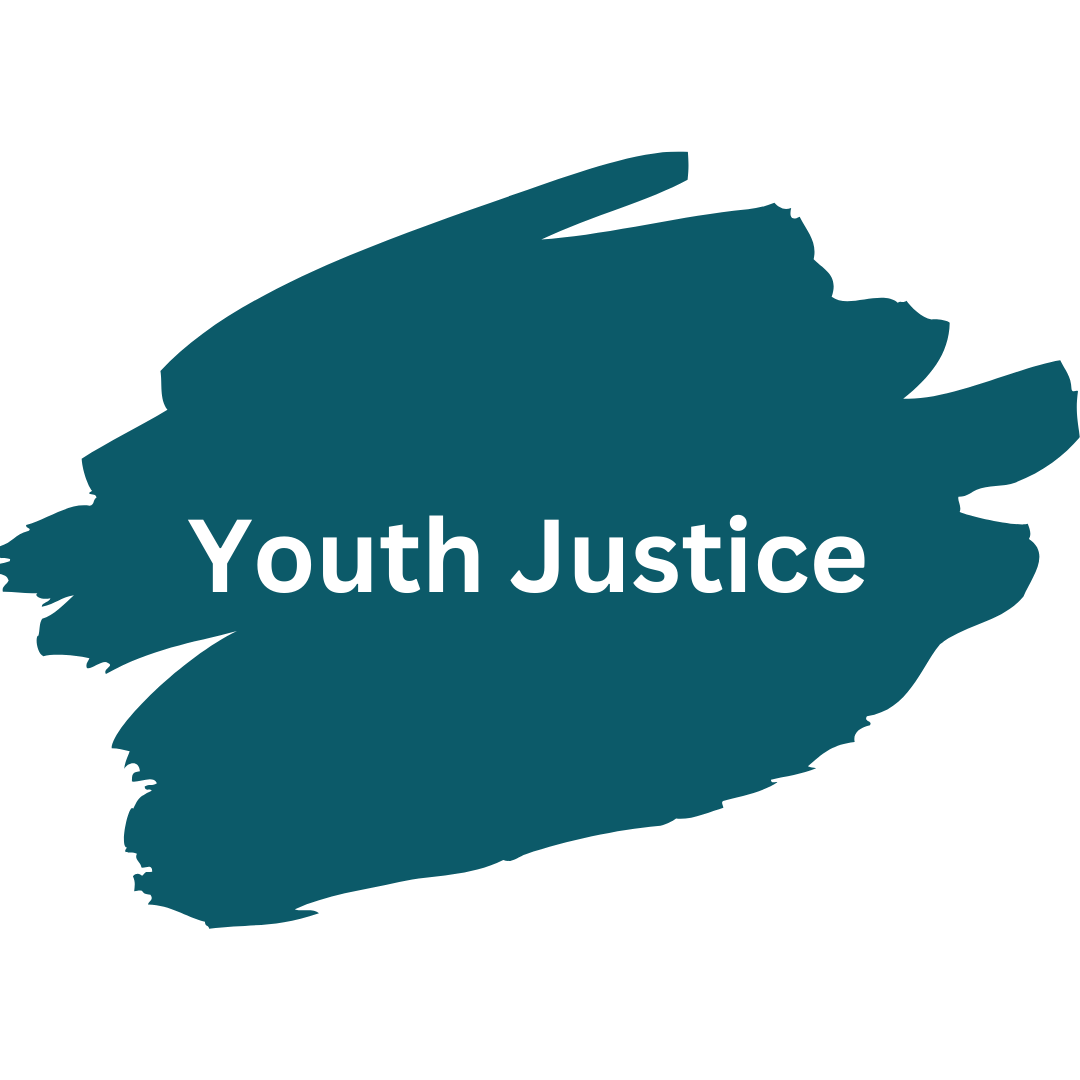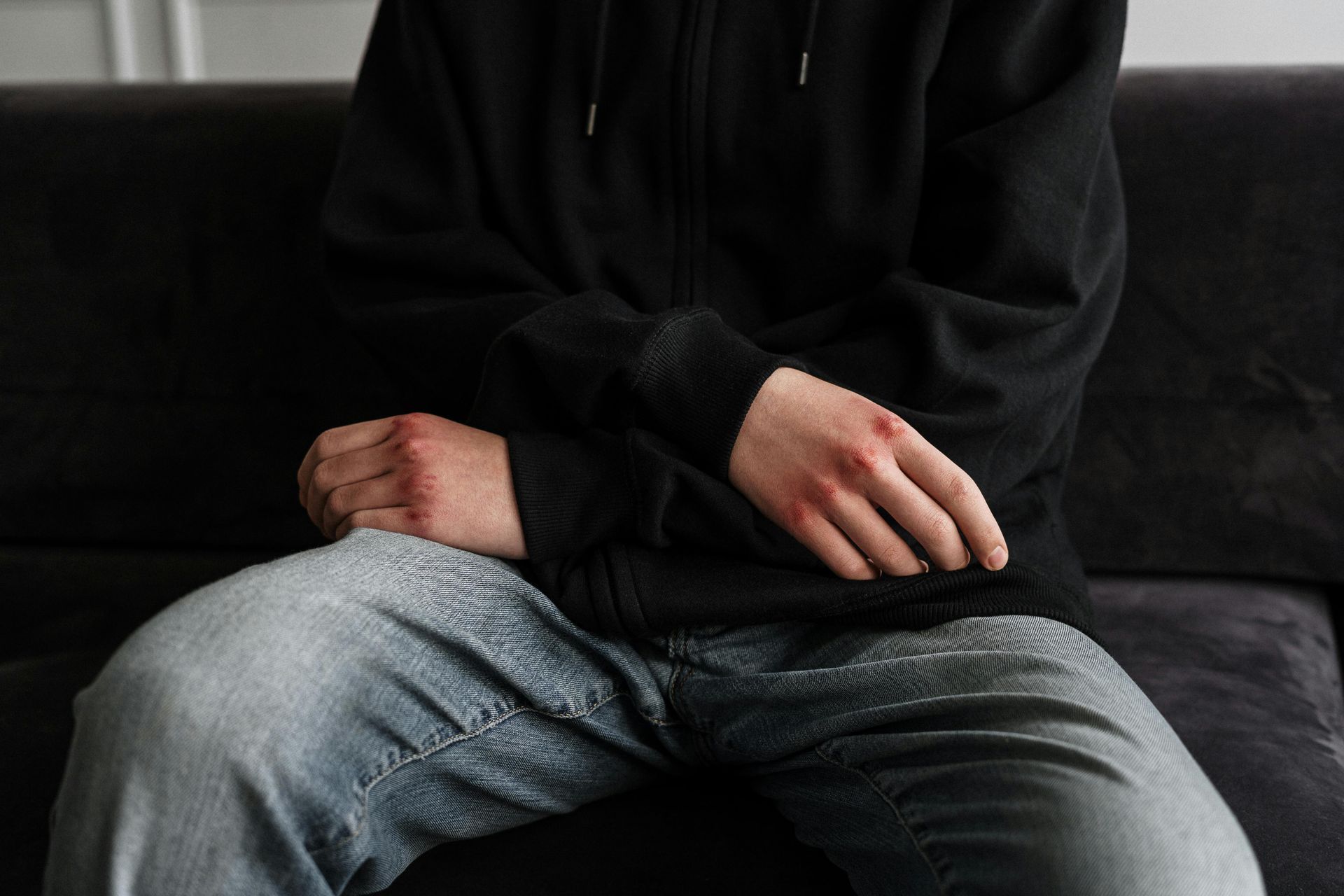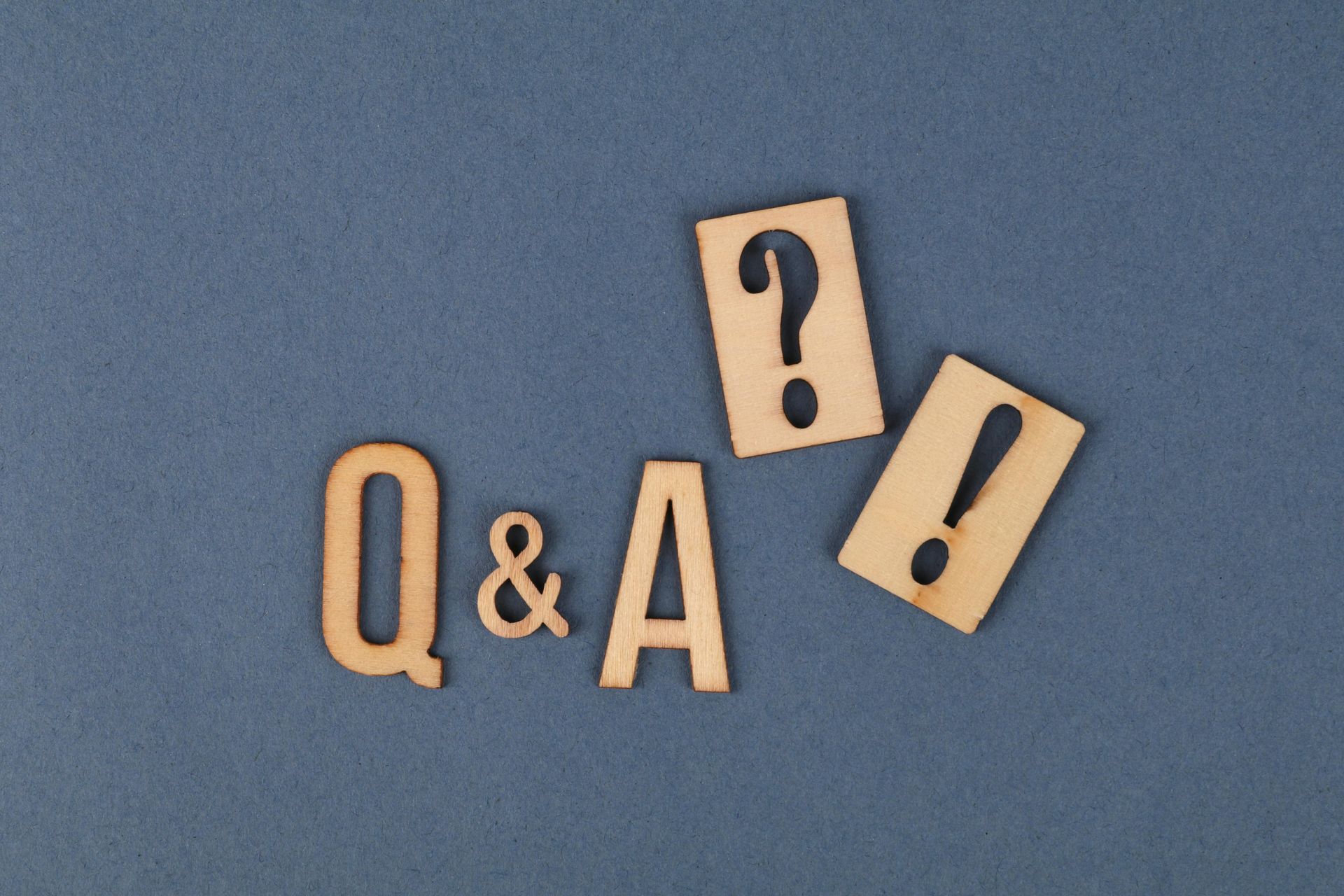What to Expect at Trial
Facing the prospect of a crown court trial
can be daunting, it is expected for a defendant to feel incredibly anxious, nervous, and scared. Having been through what may have been a lengthy
police investigation, and your first appearance at the
Magistrates Court, Crown Court proceedings will commence with your Plea and Trial Preparation Hearing (PTPH) taking place usually within 28 days of your Magistrates court hearing.
What happens at the PTPH?
The PTPH is similar to the Magistrates Court
appearance, quite short but involves important administrative tasks to be completed. It is a hearing whereby you will be required to enter your plea again, or in some cases for the first time. The judge will set a date for trial, and he or she will give other important dates for both the prosecution and defence to work towards when preparing your case for trial. The judge may also make directions for other pre trial hearings to take place such as, a case management hearing or a pre-trial review. These hearings allow the judge to keep an eye on the case and to make sure there are no issues which are likely to delay trial.
There will be no evidence heard at the PTPH and other than to confirm your plea, there will be nothing further required from you.
Between the PTPH ancillary hearings such as those mentioned above may take place. They can be pre arranged by the court at the PTPH, or hearings can take place at the request of either party if and when issues arise during trial preparation for example; failure of the CPS to provide sufficient disclosure. The defence may require the judge to make decisions in respect of this issue and to give directions to the parties to resolve the dispute.
Many months are likely to be spent preparing for trial. At Eventum Legal we take a meticulous approach to trial preparation, leaving no stone unturned. We will work closely with you and your barrister to ensure a strong defence case can be presented to the jury.
An important stage for us is to prepare your defence case statement. A defence case statement is a mandatory document in a Crown Court trial and its purpose is to briefly outline the defence case, issues the defence take with the prosecution and for the defence to make requests for what could be relevant and helpful material which may be in the possession of the CPS. It is important that your lawyers know your case inside out in order to enable them to prepare your defence statement to a high standard which properly reflects your position.
Once the defence case statement is served the CPS are required to respond accordingly. Communications may then continue back and forth between defence lawyers and the CPS to ensure trial readiness.
Approximately 4 weeks before your trial both parties are required to serve a. Certificate of Trial Readiness. This certificate asks for the CPS and defence to confirm they are ready for trial, and if not why not. This is served on the court and the purpose of it is to ensure for a final time that the trial is going to be effective and that there are no issues which will cause delay.
The Trial
When the first day of trial finally arrives you will meet with your legal team at court with enough time to have a short conference before trial begins. We will ensure that by this time you are confident in your case, understand the process and be ready to face your trial.
When your case is called into the courtroom there are some housekeeping tasks the court attends to before the evidence begins, this includes, swearing in a jury. One of those is to swear in a jury of 12 members of the public. The court will have lots of jurors attend court they are present to be on jury’s required throughout the court. Approximately 18 will be brought into the courtroom and they will be told what the case is about. They will be told names of key witnesses and any locations which may be relevant to the case, and importantly they will be asked if they know you. This is to ensure a fair process, you will also be asked whether you know or recognise any of the jurors. Following this, 12 out of the 18 will be chosen at random to to take the oath and sit on the jury to try you.
The judge will proceed to give the jury some information about their role, and the role of the judge. The jury’s role is to determine the facts of the case by listening to the evidence, the judge is present to apply and direct the jury on the law.
The judge will also warn the jury that they must not discuss the case outside of their jury room, nor must they research the case. It is a serious imprisonable offence
for them to do so.
The Prosecution Opening
The prosecution case is presented to the jury first, their case will begin with the prosecution barrister telling the court about the case. This can be hard to hear for the defendant as it is very one sided, but it is important to remember, the prosecution are trying to make the jury sure of your guilt.
The first prosecution witness will be called, this is usually the complainant. Their evidence can be given live on the stand, or as in most sexual offence or domestic violence cases, their evidence will be pre recorded and played on a video to the jury, or they will be behind a screen, this method is referred to as a section 28 procedure.
Remaining evidence for the prosecution will be presented.
Agreed facts
If there are facts in the case which are not in dispute, they are usually read to the jury from a document of what is referred to as ‘Agreed Facts’ at the end of the prosecution case. This is to save time and the need for witnesses to give evidence unnecessarily. Agreed facts may consist of:
The date and time of the defendants arrest
Where the defendant works
That the parties attended a specific event
The age of the parties etc
Facts will of-course vary on a case by case basis.
Defence case
The defence case is heard during the second half of the trial. The first defence witness to be called is the defendant however, the defendant does not have to give evidence. Any supporting witnesses will then follow.
Closing the case
The prosecution and defence barrister will firstly give their closing speech, followed by the defence barrister giving theirs on your behalf. This is the opportunity for each barrister to summarise their evidence and the strength of it to the jury. A closing speech must be persuasive, during this speech your barrister is asking the jury to find you not guilty.
Judges Summing up and Directions
Following closing speeches the judge will sum the evidence up for the jury, explain the law and how they may approach their decisions by providing a route to verdict.
Jury Deliberations and Verdict
The jury will then retire to discuss the evidence and make their decisions. Ideally all 12 jurors must agree on a verdict and the judge will give the jury time to reach this. However, as deliberation time goes on the judge may accept a majority verdict on which at least 10 jurors agree. When a decision is made the jury will return their verdict in open court.
Will I Be Sentenced Straight After The Verdict?
If a defendant is found guilty, the judge will make a decision on whether sentence immediately, remand into custody to await sentence or release on bail and order a pre-sentence report. The approach the judge will take will depend on the seriousness of offence and the personal circumstances of the defendant.
How we can help
We want to win!
Our lawyers
are dedicated to meticulous trial preparation, and ensuring they know their client and the case inside out - qualities required to give our clients the highest chance of an acquittal. With over 15 years experience of preparing serious cases for Crown Court trial, our senior lawyer Jessica Wilson
has worked on some of the country's most high profile cases which have been in the national news, and of a sensitive nature. She is responsible for overseeing all of the work carried out on cases proceeding to trial, and has a keen eye for detail which is crucial when scrutinising prosecution evidence.
We will tailor our approach specifically to your case, work closely with you and explore all avenues in support of you.
To discuss your case free of charge
and confidentially with one of our lawyers, please complete an enquiry form on our
contact us
page or call our office 0161 706 0602.
We Can Help With
Location
Manchester Office (Appointment Only)
82 King Street
Manchester
M2 4WQ
Widnes Office
Foundry House
Widnes
Cheshire
WA8 8UD
info@eventumlegal.co.uk
Call
Eventum Legal hold mandatory indemnity insurance. We are insured by Hera Indemnity - Lloyds.
We are regulated by CILEx Regulation to conduct criminal litigation and advocacy, authorisation number 3002253.




